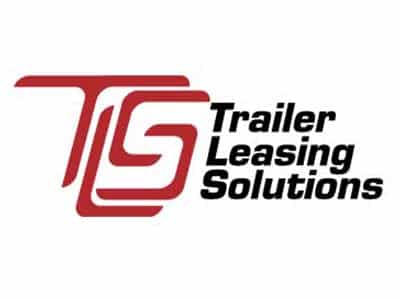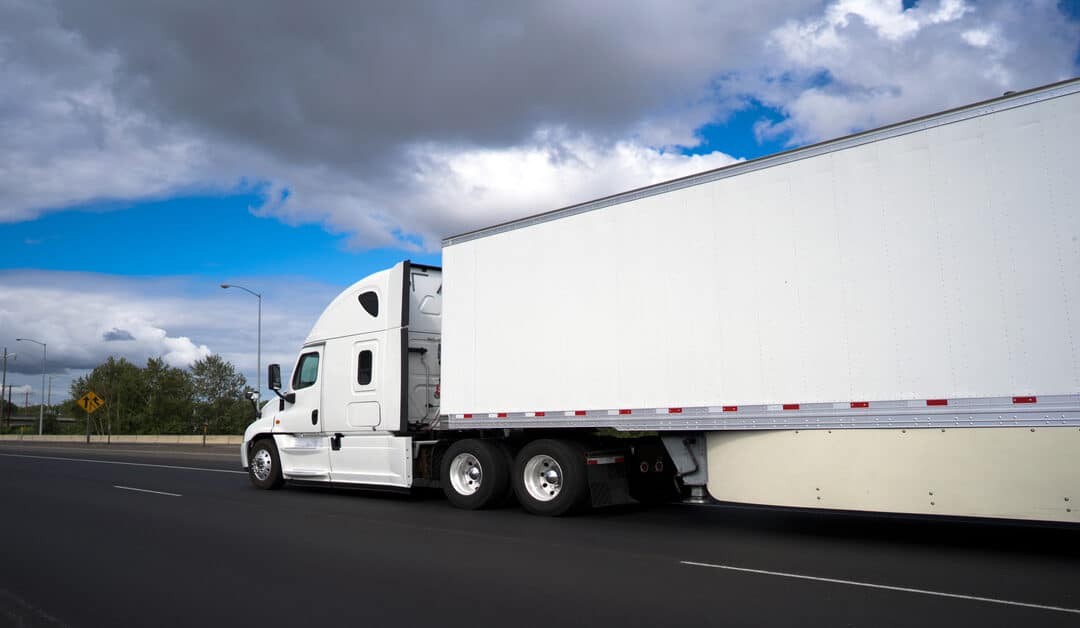Leasing a commercial trailer is an important business decision that can impact your operations for years to come. Understanding what to know before leasing a commercial trailer helps you make an informed choice that aligns with your business goals while avoiding costly mistakes. The right trailer lease can provide your business with that much-needed flexibility and cost-effectiveness, but only when you’ve done your homework first.
Understanding Your Specific Hauling Requirements
Before signing any lease agreement, clearly define what you’ll be transporting and how often. Different cargo types require specific trailer configurations, from flatbeds for construction materials to refrigerated units for perishable goods. Consider your typical load weights, dimensions, and any special handling requirements for the goods you will carry. Ensure that you document both your current needs and anticipated growth to verify the trailer you lease can accommodate both your present and future requirements.
Evaluating Lease Terms and Financial Implications
Commercial trailer leases come with various term lengths, typically ranging from short-term rentals to multi-year agreements. Shorter terms offer flexibility but often cost more per month, while longer commitments usually provide better rates but less adaptability. Examine the total cost of leasing, including monthly payments, maintenance responsibilities, insurance requirements, and any end-of-lease fees. Some leases include maintenance packages, while others require you to be responsible for all repairs and upkeep.
Navigating Insurance and Liability Considerations
Commercial trailer insurance requirements vary depending on the lease agreement and jurisdiction. Some lessors include insurance coverage in their terms, while others require you to provide your own. Understand exactly what’s covered and what isn’t in your policy, including collision, theft, cargo damage, and liability protection. Review how insurance claims are handled and whether you’re responsible for deductibles. Consider gap coverage for extra protection against situations where insurance payouts don’t cover the full lease obligation.
Choosing the Right Leasing Partner
Research the reputations, financial stability, and customer service track records of potential lessors. Evaluate their fleet quality, maintenance capabilities, and geographic coverage if you operate across multiple regions. A reliable lessor should provide transparent terms, responsive support, and fair dealing practices.
If you’re searching for reliable and flexible container leasing companies, look no further. At Trailer Leasing Solutions, we take pride in delivering customer-focused service tailored to your unique operational needs. Our transparent terms, responsive support, and extensive fleet ensure you have a trustworthy partner for all your leasing needs.
Planning Your Next Steps
Making an informed decision and understanding what to know before leasing a commercial trailer positions your business for success. Take time to compare multiple lease options, negotiate terms that align with your needs, and make sure you understand all obligations before signing.
Remember that the cheapest option isn’t always the best value if it doesn’t meet your operational requirements or comes from an unreliable provider. Contact our team at Trailer Leasing Solutions today and let us help you find the fleet that best suits your needs.



